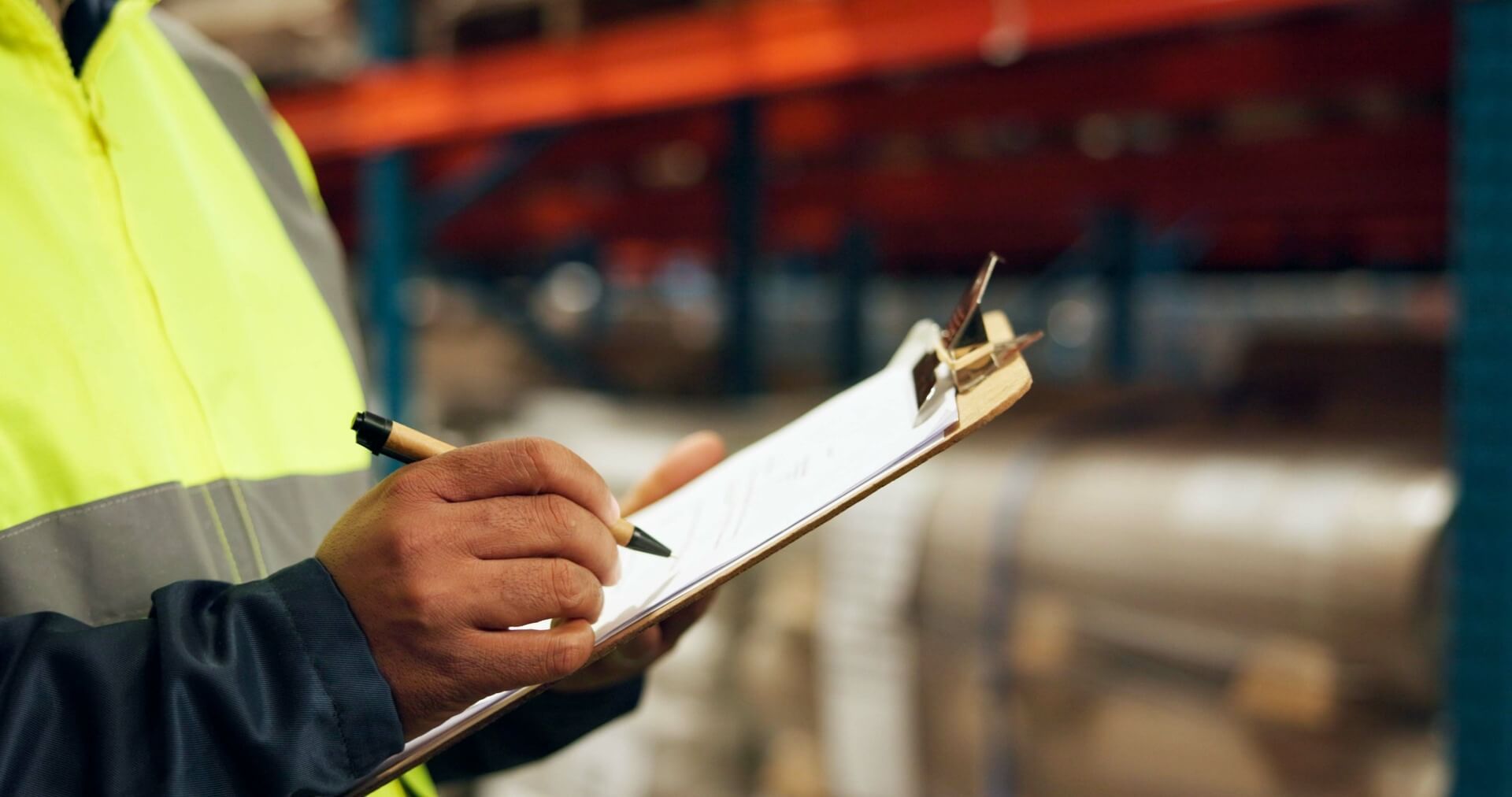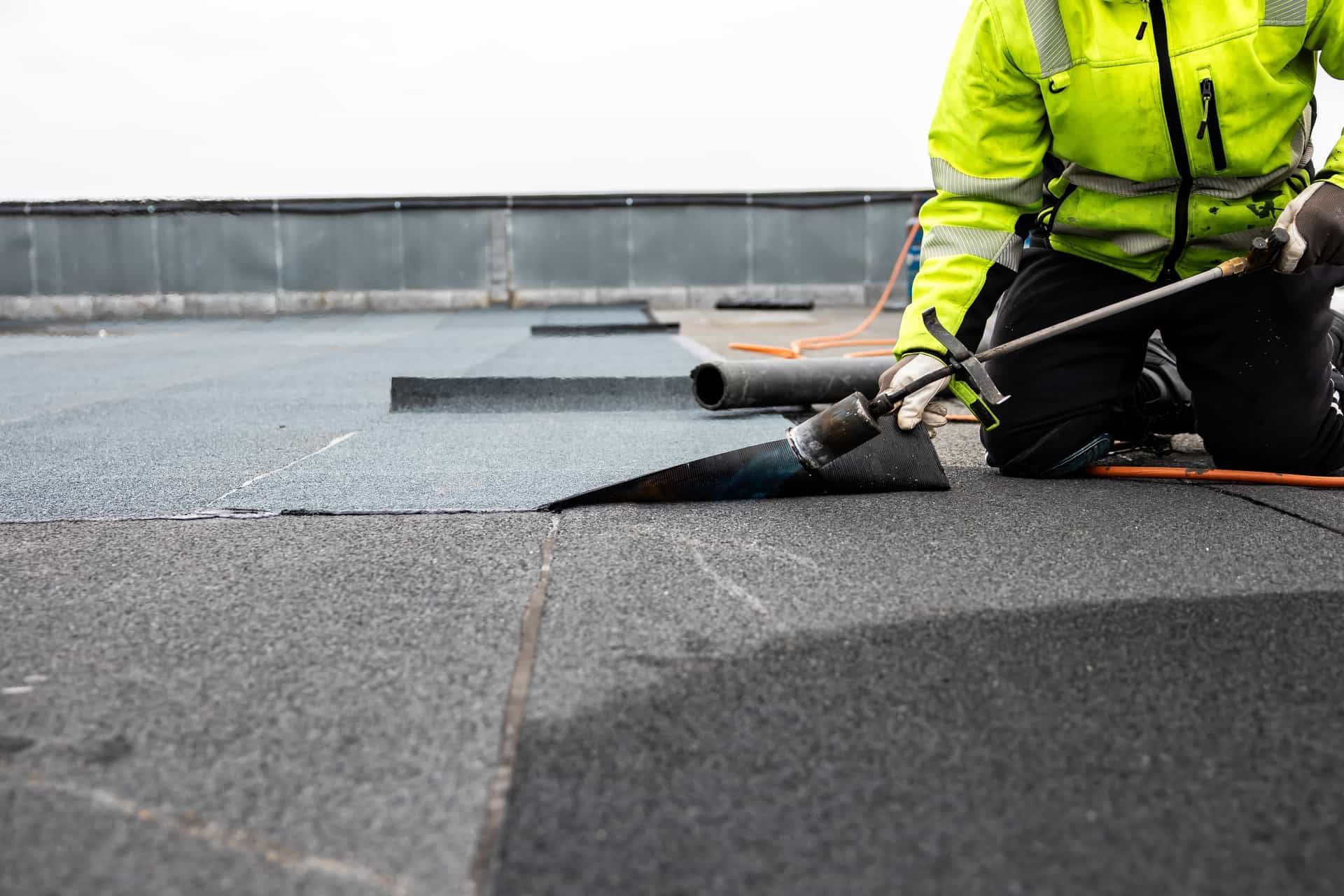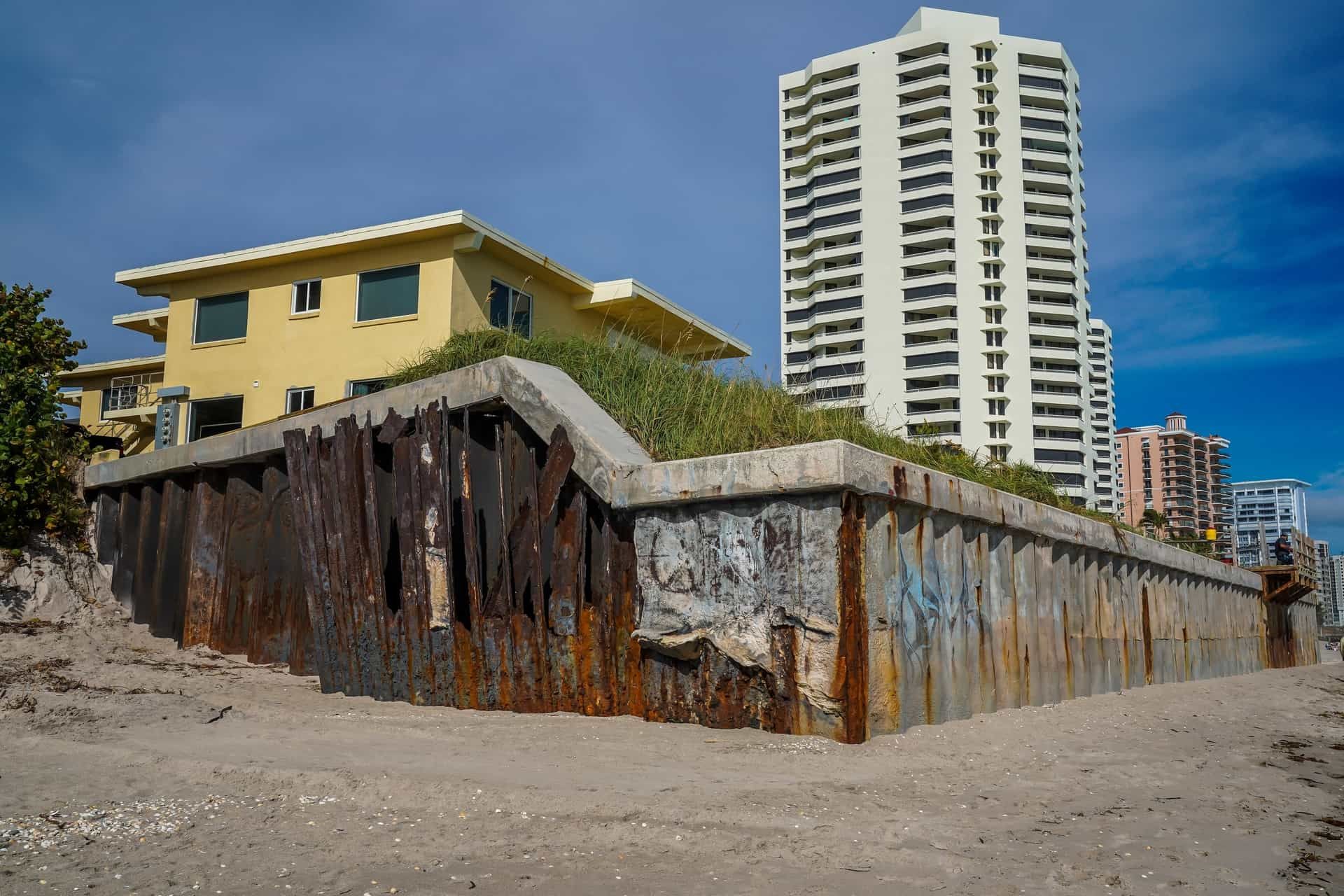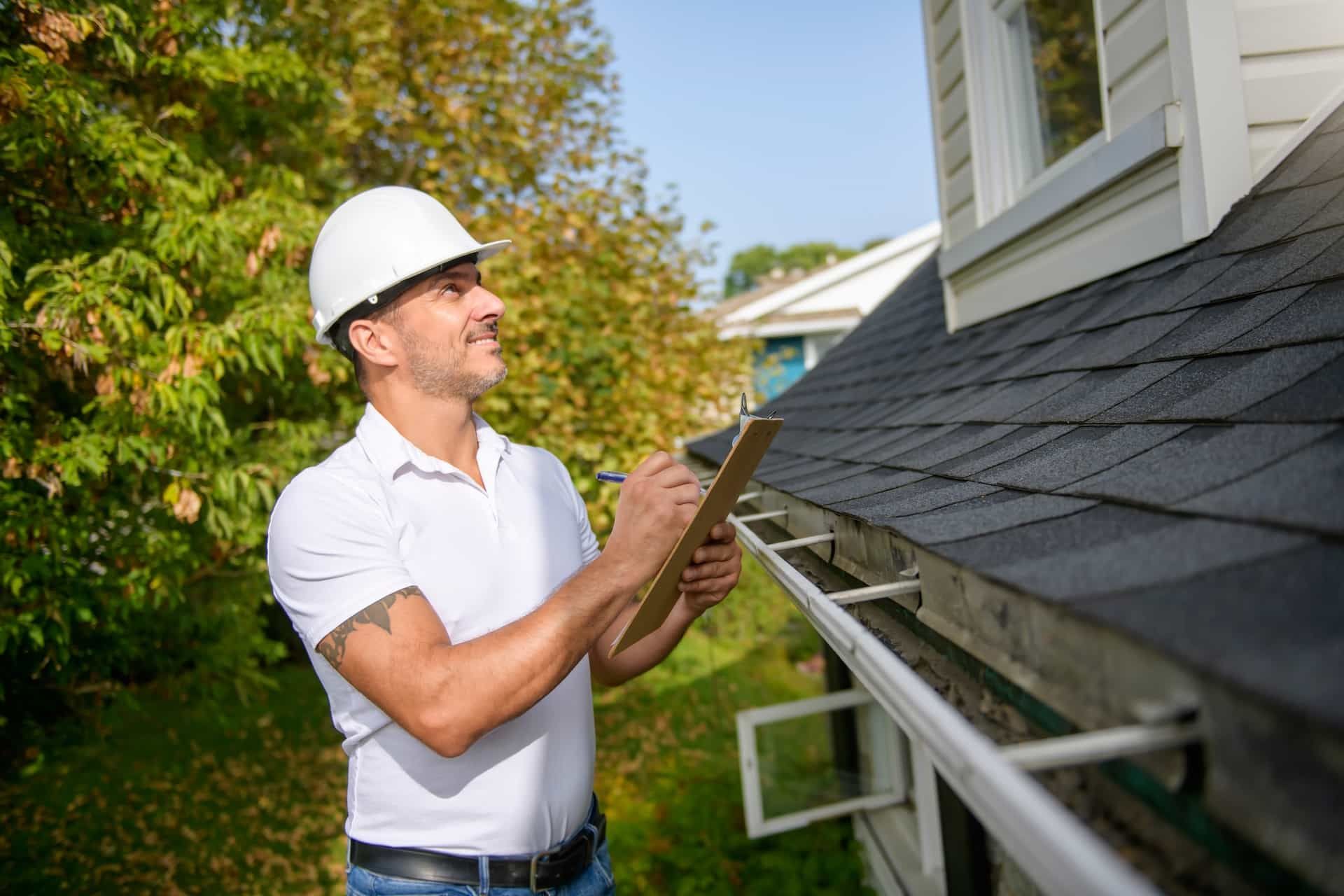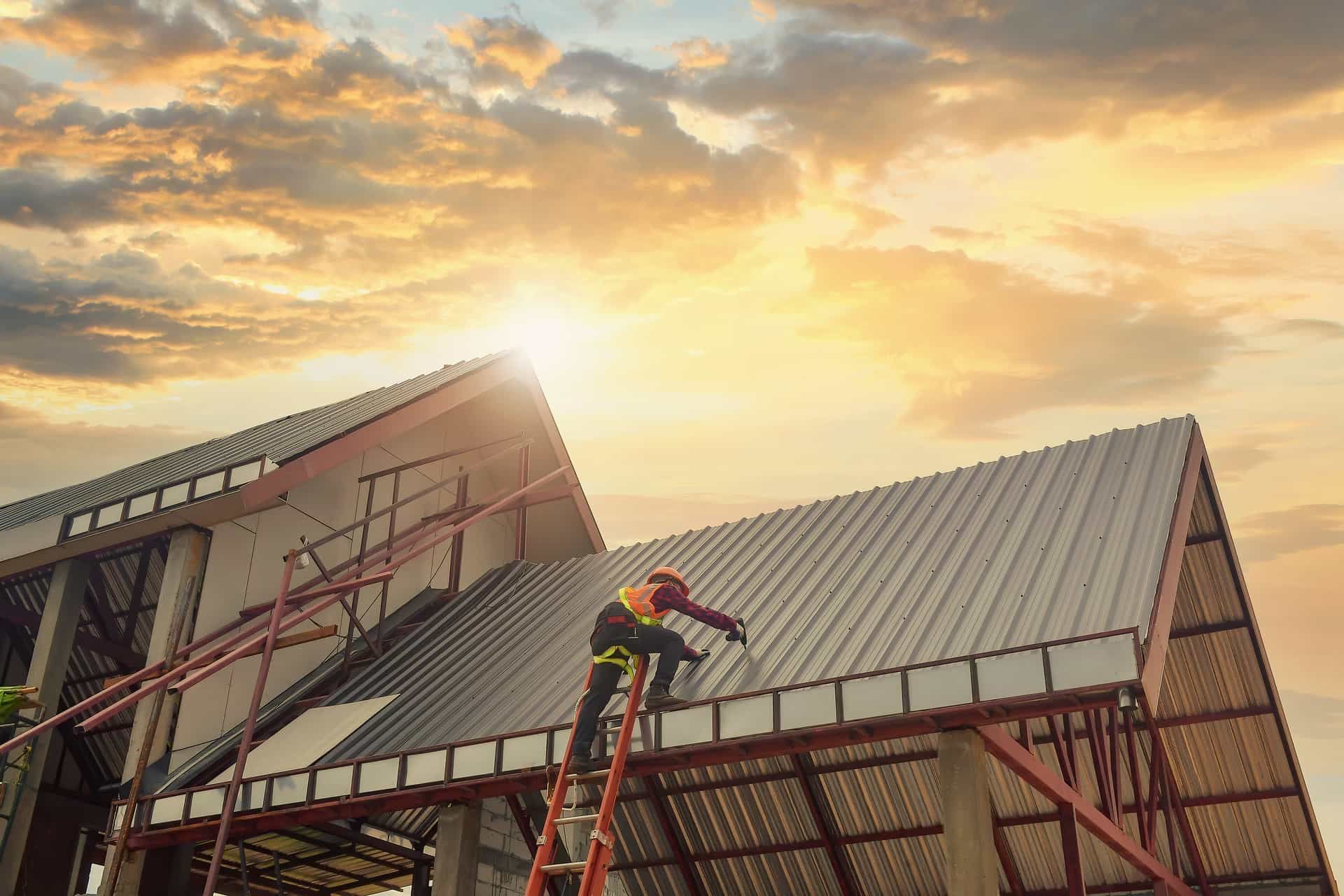What Inspectors Look For In A Commercial Building Inspection
Building inspections aren’t just for new construction projects, they’re an integral part of maintaining the safety and efficiency of your commercial building.
A
commercial building inspection establishes the baseline functionality of the overall structure, as well as helps owners and operators learn about any safety or health violations, while also uncovering any hazards that could be putting the occupants at risk.
With that said, let’s go over the basics of a commercial building inspection and clarify what inspectors typically look for.
What is a Commercial Building Inspection?
Commercial building inspections are evaluations of the condition of property or a building used for commercial purposes. This includes residential units, office buildings, warehouses, factories, and any other buildings designed to drive profit from rentals or any type of commercial operations.
The main objective of the inspection is to identify any issues or structural defects of the property.
Generally speaking, most building inspections are conducted during the purchase/sale process of the property, or at the beginning or end of a tenancy. This is because purchasing or signing a lease on a property is a costly endeavor, and as such, the new owner or tenant must evaluate if their investment is secure and if the building will effectively fulfill its main purpose.
Thus, the inspection in this context will provide an accurate insight into the true condition of the property, and help gauge the costs of ongoing maintenance and any remedial work necessary for the building to be operational.
While inspections are required during different stages of the purchasing process, most owners and tenants can actually benefit from ordering a commercial building inspection through the lifecycle of the building.
Who Can Conduct Commercial Inspections?
Legally, only licensed inspectors are allowed to conduct a commercial building inspection. The expertise of these professionals is not set in stone and inspectors come from a wide variety of backgrounds.
Some inspectors, for instance, specialize in industrial buildings, while others are good at inspecting residential units. That isn’t to say some inspectors don’t conduct commercial inspections in addition to residential ones. It’s becoming fairly common for inspection experts to provide residential and commercial services, mostly because there is a shortage of specialists in the industry right now.
What Inspectors Look for During a Commercial Building Inspection
In general, a commercial building inspection will cover the following:
1. Building’s main systems
The inspector must inspect the major systems common with commercial properties:
- Electrical
- Plumbing
- Mechanical
- HVAC
It’s necessary to ascertain whether these systems are in working order. If they’re not, the inspector will estimate the cost of the repairs in their report. In addition, they may also evaluate the condition of fire safety systems and building alarms.
2. Exterior
The exterior of a commercial building extends not only to the walls of the building but also to roofing, landscaping, parking lots, and other additional structures present on the property. Inspectors will closely examine the building and determine its overall structural integrity, while also highlighting any inevitable repair costs.
Some inspection companies may have to consult third-party roofing experts, building code inspectors, and construction contractors to inspect the building thoroughly. On the other hand, certain companies like Certified Inspectors have all the experts readily available.
3. Interior
The interior portion of the commercial building inspection checks whether the interior spaces comply with the local building codes and if there are any hazards or safety-related risks.
Some of the interior spaces checked during this part of the process are interior walls, floors, kitchen paces, bathrooms, offices, and so on.
The report will contain recommendations on obligatory renovations and changes required if some parts of the building are not up to code.
4. Building Documentation
The visual inspection is only one aspect of the commercial building inspection. The inspectors must also review all documentation associated with the building, some of which includes:
- Building plans
- Appraisals
- Citations
- Construction permits
- Certificates of occupancy
- Environmental studies
- Evacuation plans
- Floor plans
- Fire safety records
- Surveys
- Maintenance records
All of these will provide you with a better idea of the true costs of owning the building and help you decide whether the property is a good value for the money. The results of the document review will be included in a final property condition report (together with other findings and associated photographic proof). As we mentioned previously, the report may include expert recommendations on how to correct the issues, along with an estimate of the costs of any repairs or replacements.
What is the Best Time to Schedule a Commercial Building Inspection?
While many owners and tenants wrongly assume inspections are only useful at the beginning and the end of leases and purchases, they can do a lot more. Inspections can be conducted at any time in the lifecycle of the building, opening the doors to all the data necessary to maintain both the safety of the building and its overall structural integrity.
In all actuality, there is no “best time” for an inspection as you can benefit from its results at any point during your ownership or tenancy. You can see to it that the building is in top shape, while also keeping the occupants safe and happy.
Start Doing it Right
Regardless of whether you’re investing or simply managing a property, commercial building inspections are an absolute must. Considering you can identify issues before they turn into costly repairs, you can save a significant amount of money and spare yourself the world of stress in the future.
To obtain accurate reports, it’s key to work only with qualified inspectors who have experience dealing with commercial properties. Here at
Certified Inspectors, we have all the certifications in the book and a deep level of knowledge needed to provide you with the most thorough and reliable commercial building inspection in Florida.
Don’t wait too long, start taking the right steps today. Call us at
(561) 570-6311 or
fill out our contact form to schedule the best commercial inspection money can buy.
Disclaimer: The information on this website and blog is for general informational purposes only and is not professional advice. We make no guarantees of accuracy or completeness. We disclaim all liability for errors, omissions, or reliance on this content. Always consult a qualified professional for specific guidance.
Share the post:

